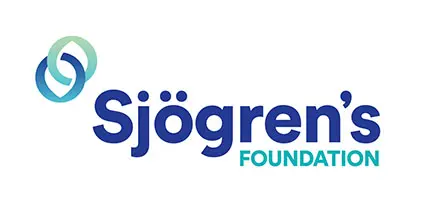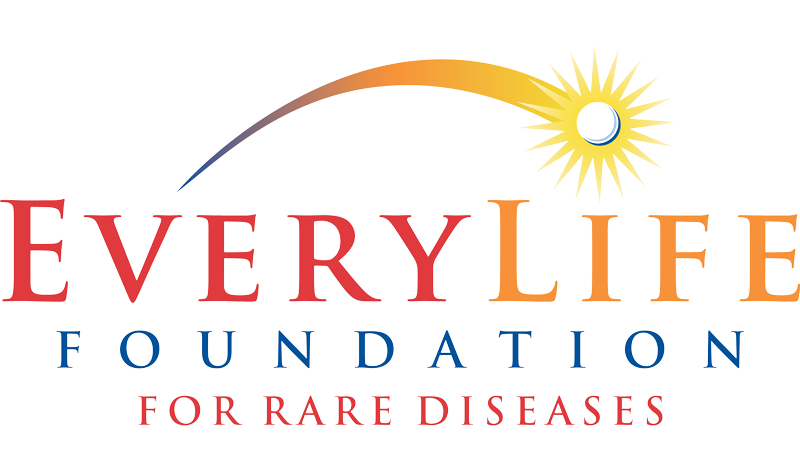Member Spotlight: Prevent Blindness
By Theo Smith, Associate, Marketing & Communications
The eyes are sensory organs that help people learn about the world in which they live. The eyes must work together with neural processes that help us acquire and use information that aids in daily living activities, such as learning, working, and interacting with each other. Eye diseases and conditions such as age-related macular degeneration, diabetes-related eye disease, and glaucoma can cause permanent vision loss or blindness if not prevented or diagnosed and treated early. Vision impairment impacts a person’s independence, ability to work, and quality of life.
The mission of Prevent Blindness is to prevent blindness and preserve sight. Prevent Blindness and its network of affiliates and volunteers work to educate the public on vision issues and help to connect children and adults with equitable access to quality eye care that helps prevent significant vision loss. Prevent Blindness also represents millions of people of all ages, backgrounds, and circumstances across the country who live with low vision, vision impairment, and vision-related eye diseases. It also supports sound, data-driven research that seeks to put an end to preventable blindness.
Since 1908, public policy advocacy at Prevent Blindness has been part of its founding purpose, and its work to elevate vision and eye health as a public health priority continues to this day. Prevent Blindness meets this challenge in a variety of ways, including connecting patients to their legislators and policy makers and encouraging them to implement policies that protect and expand access to sight-saving care—including prevention, rehabilitation, and innovation—and ensure Americans can look forward to a lifetime of healthy vision. The group continuously works directly with policy makers in Washington, DC and at state capitals across the country to prioritize the importance of vision and eye health for all. Prevent Blindness was instrumental in creating the Congressional Vision Caucus,
It’s important to get regular eye care in order to detect early signs of eye diseases or vision problems, especially if you have a chronic health condition like diabetes, high blood pressure, or are at risk due to family history of eye disease. Vision health is important at any age and stage of life, including in children. Uncorrected vision disorders can impair child development, interfere with learning, and even lead to permanent vision loss later in life. Deteriorating vision as people age can lead to many poor health outcomes. Prevent Blindness works with eyecare professionals, public health groups, vision coalitions, government agencies, and more to help protect the gift the sight.
Prevent Blindness is proud of its affiliation with the National Health Council (NHC) and values its work toward a society in which all people have access to quality, affordable health care that respects personal goals and aspirations to promote their best possible health outcomes.
For more information about Prevent Blindness, visit their website.
For information on joining the NHC, contact Bob Scott, NHC’s Associate Director, Membership & Operations.



